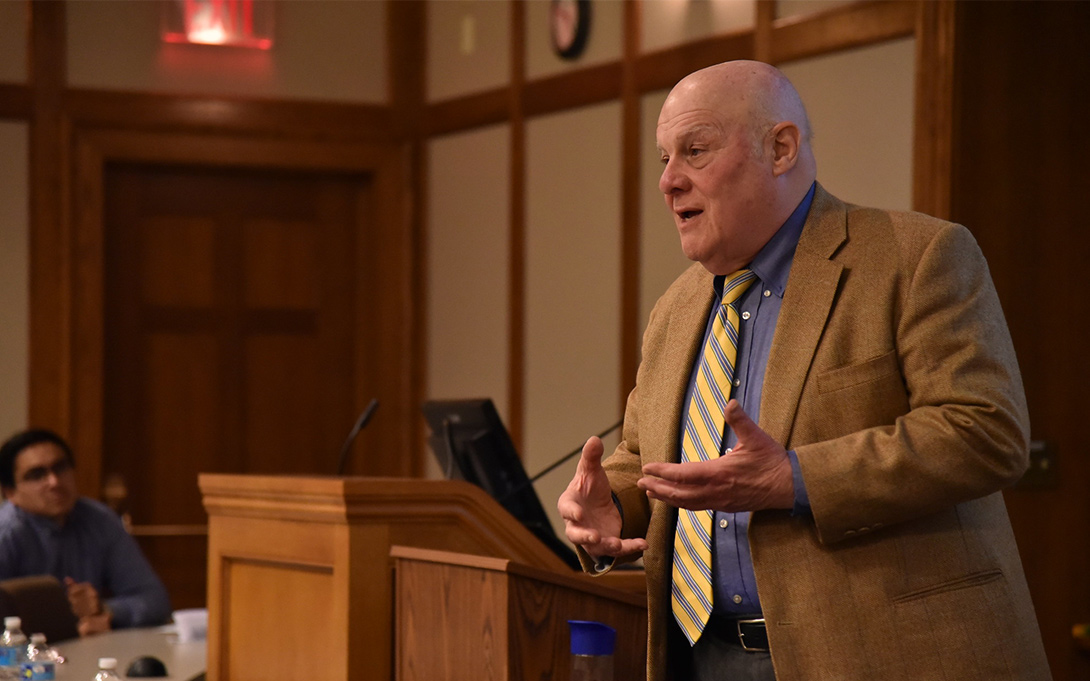
Brazil’s Supreme Court on April 28 ordered an investigation of President Jair Bolsonaro after popular Justice Minister Sérgio Moro resigned and accused him of firing the country’s Federal Police chief in an attempt to interfere with investigations. “Where will the allegations against Bolsonaro lead?” asked Latin America Advisor, a subscription-only journal for policy experts on May 11.
Melvyn Levitsky, Ford School professor of international policy and practice and former U.S. ambassador to Brazil replied that, “There is a perfect storm rising against Bolsonaro’s presidency. I believe the odds are now in favor of his removal from office. He campaigned on ridding the country of endemic corruption, but he has shown through his appointments and rewards to his sons that he is infected by the same political disease.”
Levitsky said Bolsonaro’s lax reaction to the spread of coronavirus has heightened public concern and greatly diminished his popularity. He is also at a disadvantage in having neither an established political party nor a strong supporting coalition to defend him in Congress.
“The final blow,” he said, “could come from the military—not through a coup as in 1964, but rather through pressure on Congress and the courts to press forward with investigations and eventual impeachment. It is relevant that Bolsonaro’s successor would be a retired general, Hamilton Mourão, and that a number of high-ranking military officers serve in important civilian positions. They and their institution will not, I think, want Brazil to be tarred by Bolsonaro’s inept and dangerous presidency.”
Ambassador Melvyn Levitsky, a retired career minister in the U.S. Foreign Service, is a professor of international policy and practice at the University of Michigan's Gerald R. Ford School of Public Policy. He also serves as senior associate of the school's International Policy Center, senior advisor to the Weiser Diplomacy Center, and faculty associate of the university's Center for Russian and East European Studies (CREES).
Ambassador Levitsky served on the International Narcotics Control Board (INCB), an independent body of experts headquartered in Vienna and responsible for monitoring and promoting standards of drug control established by international treaties, from 2003-2012.
During his 35-year career as a U.S. diplomat, Levitsky was ambassador to Brazil from 1994-98 and before that held such senior positions as Assistant Secretary of State for International Narcotics Matters, executive secretary of the State Department, ambassador to Bulgaria, deputy director of the Voice of America, and Deputy Assistant Secretary of State for Human Rights, among other positions.